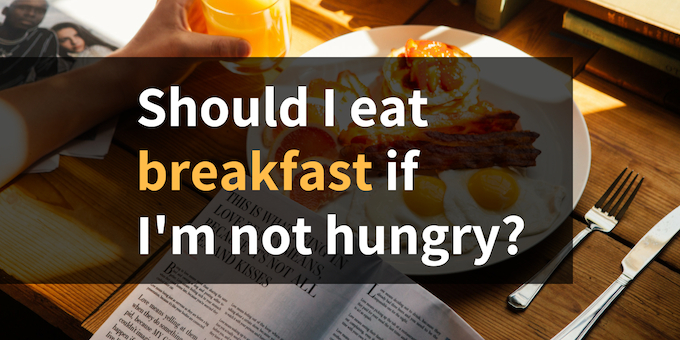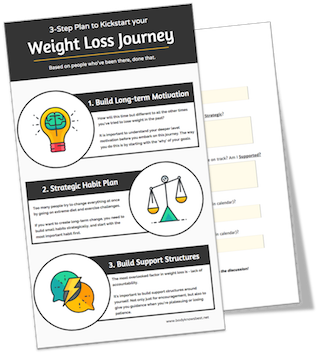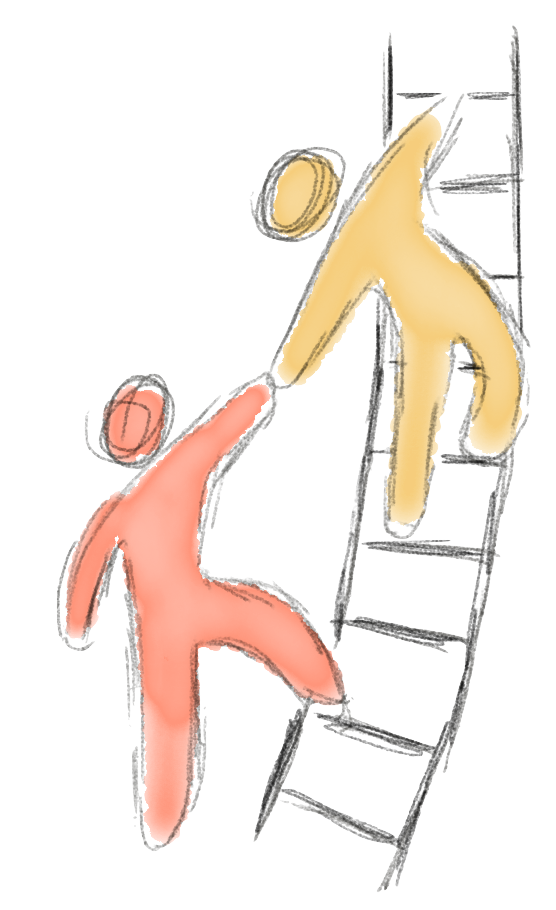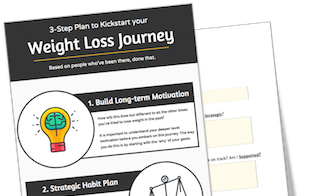If I'm not hungry in the morning, should I eat breakfast anyway?

Short answer - no.
If you've been following Body Knows Best for a while, I think you can guess what I'm about to say:
"Get in tune with your body cues understand what they're trying to say."
But I'll go one layer deeper here.
There are certain psychological tricks that can throw a lot of people off:
Thinking you should eat now so you won't feel hungry later.
This may be true.
Sometimes, we might not have access to our lunch box later on in the day.
So it might make sense to eat early.
But most of the time, we have easy access to food wherever we go.
There are so many ways we can pack easy-to-go foods and wait till we're hungry to eat them.
(Perhaps I'll make another blog post of travel ready meals)
So if you are trying to eat breakfast because you won't be having lunch, it could be some of the times.
But most of the time, you can get around this through some planning and making travel-friendly meals.
You're trying to follow some dieting guidelines.
Maybe at some point, people have told you that you have to have breakfast.
Having breakfast can be a great start to some people.
But for some people, staying fasted makes them feel more alert.
My question is, why would you listen to others more than your body?
When it comes to weight loss, the timing of your meals is not nearly as important as the quantity you eat in.
And your quantity will start naturally decreasing the more you understand your body cues.
Key Takeaway
Start becoming inquisitive about your eating behaviours and ask yourself "Why am I doing what I'm doing?"
You'll notice interesting thought patterns. Once you notice these, you'll be able to come to effective solutions on your own.
You're eating dinner too d**n late.
If you're not hungry in the morning, there is a good chance you're eating late at night.
Maybe you prefer that and that's cool.
But just remember, the closer you eat to your bed time, the more likely for the digestive process to interrupt your sleep patterns.
And when you don't get a good night's sleep, it affects your weight loss hormones.
And you're more likely to make poorer decisions the next day.
Ideally, you should have your last meal 3 hours before bed.
What about intermittent fasting?
Do it if it works for you.
Staying fasted for a periods of time can help some people in their weight loss journey.
However, having big meals at a time can also spike up your insulin levels and make you feel lethargic afterwards.
But if it helps you curb your appetite and you feel good overall, do it!
(If you're wondering what Intermittent Fasting is, this article covers it comprehensively.)
What do you do Kern?
I don't have breakfast because my yoga practices require me to be on an empty stomach condition.
And by the time I finish my routine (it's a long one), it's closer to lunch time.
But the days I get up super early, I might have breakfast if I'm hungry.
Bottom line
Be aware of the psychological tricks that our minds can play.
Listen to your body cues.
What's more important than meal timing is your overall quantity of food.
If having breakfast leads to more in tune decisions throughout the rest of the day, then you probably should have it.
If you're not hungry and you're not overcompensating in other meals of the day, then feel free to skip it!
About the Author - Kern Kapoor
Kern's interest in psychology and human behaviour lead him to lose 34kg. He is a Certified Nutrition Coach (Pn2) and is currently on a mission is to create a community of 10,000 people who have undergone long-term body transformation.
If you'd like some one-on-one help with your weight loss goals, get in touch with him at kern@bodyknowsbest.net.

The 3-Step Plan to Kickstart your Weight Loss Journey

Unsure where to start?
This worksheet will help you come up with an action plan right now!


